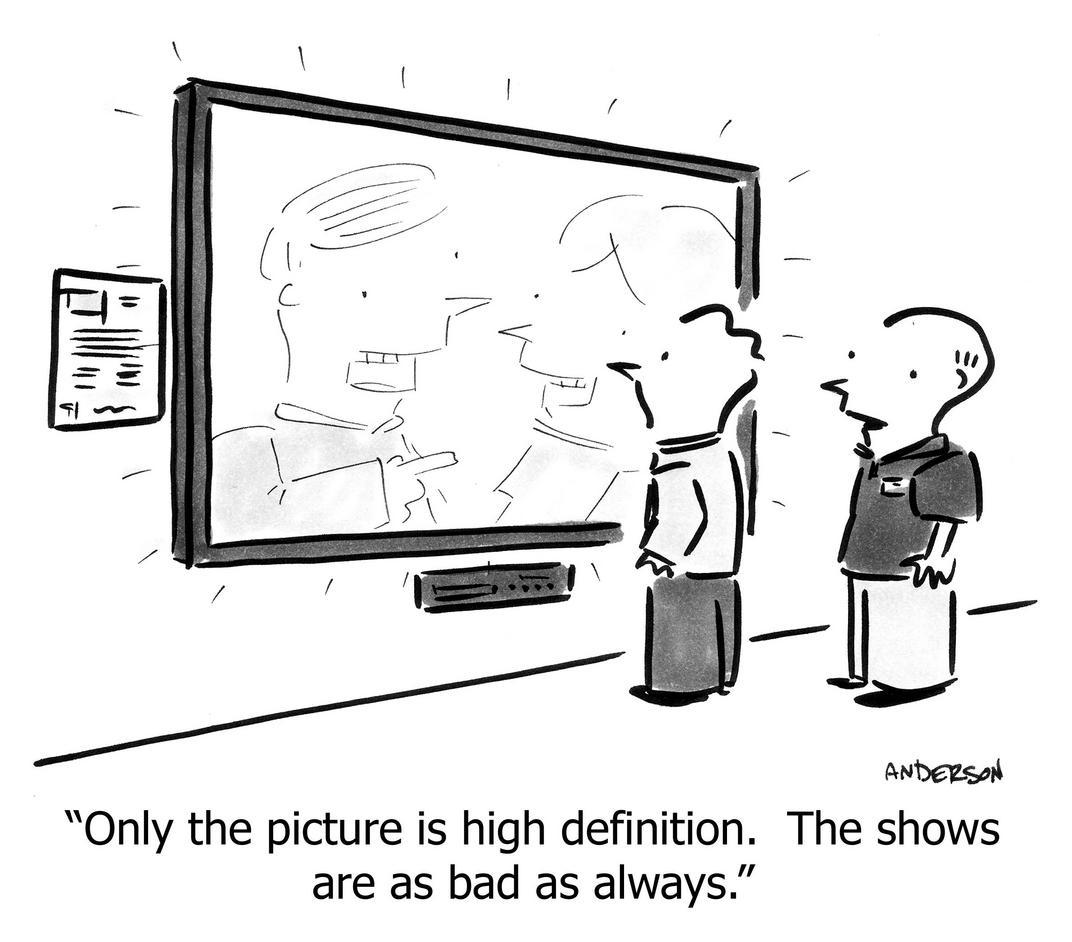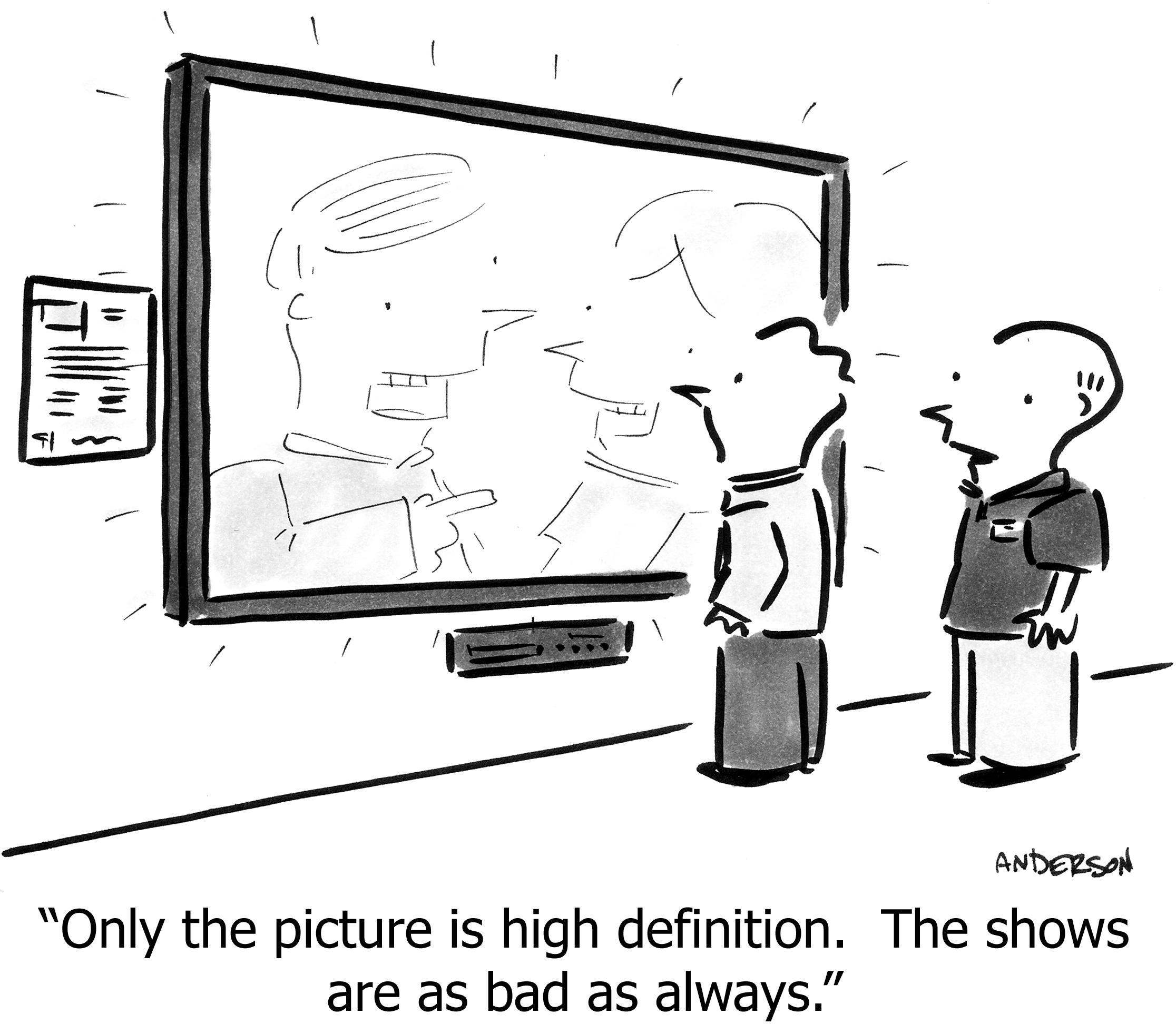Intense Asymmetry and Self-Flagellation
Erica Douglass bootstrapped her company and sold it for a million dollars while her friends were switching majors for the third time or having their souls crushed at some entry-level job. She’s successful by any definition.
But a few short months of super-charging our marketing efforts at WP Engine was all it took for her to start turning herself inside out about her “lack of success,” and by implication, lack of ability and self-worth:
WP Engine is killing it right now. They’re growing faster than my hosting company did. “Damn,” I thought, “I must have really sucked at growing my business.” And the downward spiral arrived, ready for me to step on.
All driven people do this to themselves, and it has to stop.
This is not about Erica; she’s the example only because she has the strength and audacity to admit it online. This is about you and me who beat ourselves up with similar words.
It’s tempting to attack her definition of “success” which is apparently things like “growth rate” and “gross profit margin” as opposed to things like “happiness” or “fulfillment” or “loving the state of being alive.” I could make this case—that her definition is wrong—and I’d be right, but it wouldn’t help you, me, or Erica, because this is not an argument that type-A obsessive people respond to. Even when we know it’s true intellectually, our emotions don’t respond to that. If they did, economists would actually be right about everything.
Better would be to point out her conveniently gerrymandered criteria, choosing to value “growth rate” while not valuing “monthly cash loss,” or valuing “gross profit margin” while not valuing “percent ownership.” In fact, you could credibly argue that she’s intentionally selecting only those elements which will cause her to feel inadequate, ignoring those to the contrary. Which makes me believe her “explanation” is a rationalization rather than a cause. The job now is to find the true source.
Well there is a source, well-known and backed by studies, called Impostor Syndrome. That link is an article from two years ago where I expose myself and others for having exactly this irrational failing.
But maybe you’re still not satisfied, because this is still a bunch of touchy-feely bullshit, and after all there’s nothing wrong with defining success by quantities of money and power and the speed at which we accumulate them.
Except even if you use that definition of success, her (our!) perspective is still wrong, and not for the reason she gave in her article (which was about how hard other people work compared to her, which isn’t true anyway because she works all the time too, as my inbox proves.)
To see why, let’s wind the clock back to 2002 when Erica started her hosting company, Simpli. And let’s suppose I started WP Engine at the same time. (WordPress didn’t yet exist in the form and glory it is today, so let’s give my company a extra boost in this thought experiment and say that WordPress is around v2.5, circa 2008.)
According to Erica’s own criteria, let’s see who wins.
WordPress has impressive traction for an open-source tool, but it’s orders of magnitude less prevalent than it is today, so I can’t find customers in droves like we now do. And there isn’t a well-organized panoply of world-wide WordCamps so it’s hard to reach out to those potential customers. And I’m not a hardware geek like Erica, and “cloud hosting” hasn’t been invented yet, so I have to build, configure, and maintain hardware, which means false-starts and legacy configurations and other expense and waste that Erica would never incur. And I’m in Austin, not San Jose, where there’s 100x fewer customers I could land at meetups. And there’s no Twitter or Facebook (or even a strong culture of blogging) to enable my few zealous fans to spread the word. And I didn’t have several startup successes under my belt and moneyed contacts earned from blogging and speaking, so I can’t raise money like we did. And high-tech-America was in post-bubble recession where companies were saving money everywhere they could, certainly not paying a premium for WordPress-specific hosting.
So it’s clear how this would have gone down. Either a complete fail or, more likely, painfully slow growth, crawling along while taking the same amount of time as the day job I also had to hold down yet generating 1/10th the income, trying to make myself feel better by erroneously claiming I’m profitable and erroneously claiming I have Product/Market Fit, eventually realizing this is a cope, culminating in blog post about how inadequate I feel next to hosting companies like Erica’s who bootstrapped to success with such apparent ease.
This is what physicists call a “time-asymmetry.”
A physical experiment conducted in one location will yield identical results if we move it to another location (provided we move all other influences and pieces along with it). Technically we say that “the laws of physics are symmetrical with respect to translation.”
This is more important than it first sounds. Another symmetry is “constant linear motion”—an experiment in a train moving in a straight line at constant speed is indistinguishable from one done on a train station platform. It is just this fact, combined with the experimentally-determined mind-bending fact that light always appears to travel at the same speed regardless of the motion of the observer, that gives rise to Einstein’s special relativity and explains all electrodynamic theory. This particular symmetry is responsible for half of modern physics!
It’s not always obvious where physics is and isn’t symmetrical. For example, it is symmetrical if you rotate the experiment around a fixed angle, but it is not symmetrical if the experiment is being continuously rotated (because now there’s a centrifugal force). It’s almost symmetrical with respect to a mirror, but not quite!
Well it’s obvious where two businesses are symmetrical: Nowhere! The example above demonstrates how very asymmetrical businesses are in time. In fact they’re asymmetrical in everything—location, the market they serve, the features they have, the founding team, their natural talents and gaps, the investors (if any), the amount of money raised (if any), the number of social media followers and everything else. If there were symmetries—or anything even close to a symmetry—we could use that to predict success and failure, at least a little bit. Which even professional investors can only do a small fraction of the time—so infrequently in fact it’s hard to conclude they “predicted” anything at all.
But humans expect, seek, and even invent symmetry. We crave and seek similarities and patterns and connections. We describe companies that way, e.g. “We’re Netflix for art”—implying a symmetry in target market (i.e. changing the market from videos to art but keeping the website structure, the pricing structure, the delivery structure, etc., ought to result in similar success).
This might be a pithy way to summarize a business, but in detail and execution and route to market and profit margins and opportunity and competition and technology and leveraging your strengths while avoiding your weaknesses, and … well, everything … each company is a new challenge, with new variables, and unpredictable.
It’s healthy to use (apparent) symmetry to spark an idea, e.g. “That’s a creative marketing campaign, maybe we could try something similar.”
It’s unhealthy to see symmetry where it doesn’t exist, then build a straw man to fuel self-loathing. Like Erica. And me. And almost every “successful” person I know.
Erica isn’t special because she has misplaced feelings, she’s special because she’s willing to stand up and admit it in public, in order to help everyone suffering under the same delusion.
I would say “stop comparing yourself to others and just be as good as you can,” but high-achievers like you and me could never accept that advice, even if it is wise, because we’re physiologically incapable of not measuring ourselves by impossible yardsticks we invented and, because of Impostor Syndrome, by definition we always come up short.
Instead, how about this:
Stop comparing yourself to something that is objectively incomparable.
That’s just irrational.
https://longform.asmartbear.com/feelings-of-inadequacy/
© 2007-2026 Jason Cohen
 @asmartbear
@asmartbear ePub (Kindle)
ePub (Kindle)
 Printable PDF
Printable PDF







